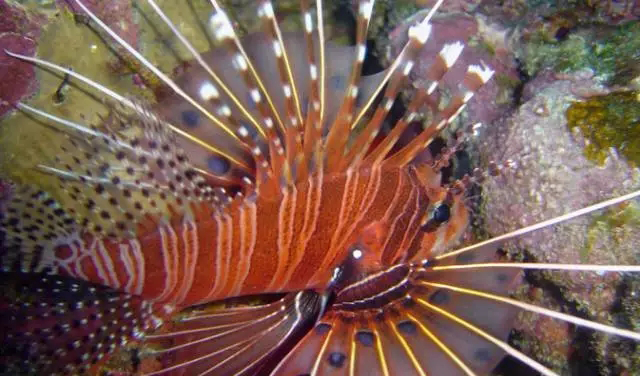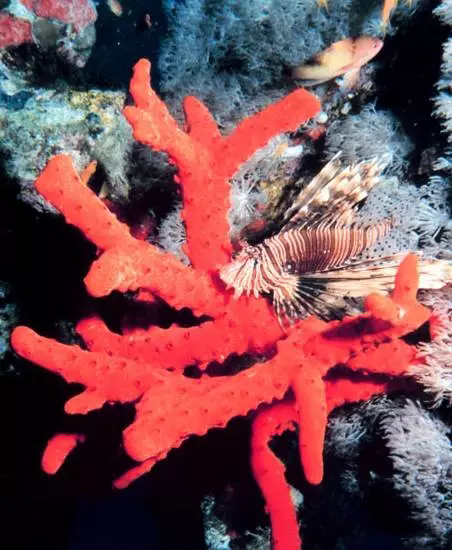The lionfish has become the poster child for the invasive species problem in the Northwest Atlantic. Lionfish are as infamous as zebrafish, snakehead, and even Asian carp, and their numbers continue to expand, threatening the health of coral reefs and other marine ecosystems, including vital fisheries that depend on them for commerce and recreation. NOAA and its partners are working to develop ways to prevent further spread and control existing numbers.

History of Lionfish
Lionfish, also known as scorpionfish, belongs to the scorpionfish family among marine fish, and is mostly produced in temperate coastal reefs or coral reefs. Native to the Indo-Pacific, lionfish were first spotted off the coast of Florida in the mid-1980s, but their numbers have increased dramatically over the past 15 years. Lionfish are popular in aquariums, so repeated escapes to the wild through aquarium releases are likely. Lionfish now live in the warm ocean waters of the Atlantic Ocean, inhabiting coral reefs, shipwrecks and other habitats.

Impact on native fish and coral reefs
Adult lionfish are mainly fish-eating, with few natural predators outside their range. Researchers have found that a single lionfish living on a coral reef can reduce native fish stocks by 79 percent. Because lionfish typically prey on snapper, grouper and other commercially valuable native species, their presence can negatively impact valuable commerce and fisheries.

As lionfish numbers grow, they put additional pressure on reefs already dealing with climate change, pollution, disease, overfishing, sedimentation and other stressors that have led to seven coral species in lionfish-infested areas of. For example, lionfish eat herbivores, but herbivores eat seaweed from coral reefs. When herbivores are absent, algae growth is not inhibited, which is detrimental to reef health.
In order to reduce the level of persecution of marine life, NOAA has launched an "eat lionfish" campaign aimed at promoting the consumption of lionfish. In partnership with the Coral Reef Environmental Education Foundation (CORE) and a number of other agencies, NOSA is promoting lionfish as a sustainable seafood option through multiple media channels, and plans will provide guidance on invasive lion The management of the fish ensures that they are all working towards a common goal.